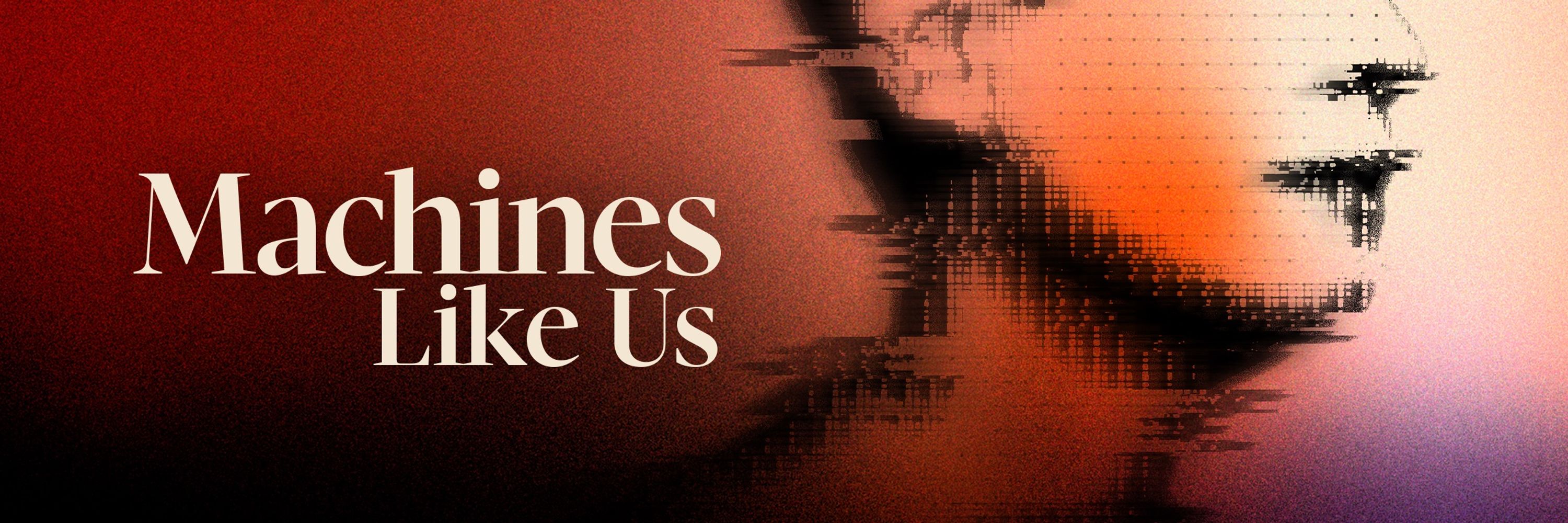Taylor Owen
@taylorowen.bsky.social
470 followers
100 following
47 posts
Beaverbrook Chair of Media, Ethics & Communication, Director of the Centre for Media, Technology and Democracy, & Principal Investigator of the Media Ecosystem Observatory, McGill University. Host of the Machines Like Us podcast https://tinyurl.com/9yn836x
Posts
Media
Videos
Starter Packs
Reposted by Taylor Owen
Reposted by Taylor Owen
Reposted by Taylor Owen
Chris Hayes
@chrislhayes.bsky.social
· Jun 5
Reposted by Taylor Owen
Taylor Owen
@taylorowen.bsky.social
· Apr 12
Taylor Owen
@taylorowen.bsky.social
· Apr 12
Taylor Owen
@taylorowen.bsky.social
· Apr 12
Taylor Owen
@taylorowen.bsky.social
· Apr 12
Taylor Owen
@taylorowen.bsky.social
· Apr 12
Taylor Owen
@taylorowen.bsky.social
· Apr 12
Taylor Owen
@taylorowen.bsky.social
· Apr 12
Taylor Owen
@taylorowen.bsky.social
· Apr 12
Taylor Owen
@taylorowen.bsky.social
· Apr 12
Taylor Owen
@taylorowen.bsky.social
· Apr 12















